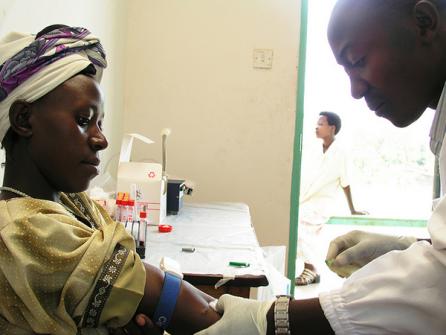Cancer: Africa's silent Killer
Cancer: Africa's silent Killer
With more than 600,000 new diagnoses and over 450,000 deaths per year, cancer is a major killer in Africa. A study published in the September 2015 issue of The Breast medical journal shows that in the Ivory Coast and the Democratic Republic of Congo (DRC) respectively 68% and 63% of all breast cancer tumours were 5cm or larger when discovered. Some 74% and 81% of cancers in these two countries were stage three or stage four at the time of diagnosis.
Lack of awareness
In many other African countries, things are not much different. Reasons for late diagnosis and low survival rates include lack of awareness of what breast cancer is and how patients can help detect it, poor access to healthcare services, and overburdened, under-resourced public facilities.
“Where treatment is available, it tends to be expensive”, says CEO of Liberty Health, Andrew Schwulst. “In Kenya, a country with an annual GDP per capita of US$2,776, chemotherapy ranges between US$130 and US$2,000. Most cancer patients have to pay for their treatment out of their own pockets, which is terribly difficult if you don't have health insurance. The problem is that Africa's often better resourced private hospitals are inaccessible to most.”
Shortage of healthcare professionals
A shortage of doctors also plays a role. According to the World Health Organisation (WHO), Africa accounts for 25% of the world's disease burden but has only 3% of the global medical workforce. In addition, many hospitals don't have the means to adequately diagnose and treat breast cancer, or any other form of cancer. Chemotherapy is for instance only available in half of Africa's 54 countries.




